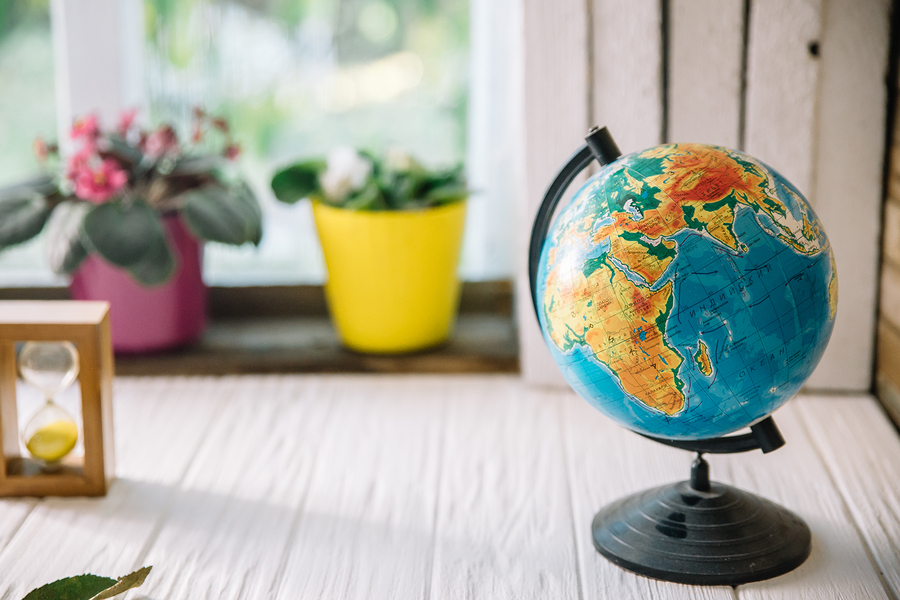
I knew I wanted to join the Peace Corps ever since I was a kid. I loved to travel, I studied Spanish in school from second grade through college, and I was eager to “help people,” even though I wasn’t sure how exactly. I read a collection of essays from volunteers over and over and talked to a relative who had served. I started the application process during my junior year of college so that I could begin service not long after graduation, and traveled to Jamaica for an alternative spring break program during my senior year as a test run of international service. During the long months that followed, I prayed fervently that I’d get in.
I was thrilled and relieved when the invitation packet arrived in my mailbox with an offer to be an English teacher in Cambodia. I was nervous but excited to step on the plane in San Francisco with my volunteer cohort- a group of strangers I’d just met. Swearing-in day, when we became official volunteers, was one of the happiest days of my life.
Yet, two months later, I was home.
I wasn’t supposed to be; Peace Corps service was a two-year commitment. I’d never imagined my service would end with me calling staff — overwhelmed, depressed, and homesick — and telling them I wanted to go home- and yet it did.
When I moved back in with my parents, sleeping in their spare room and borrowing their cars to get around, I felt like a failure. I didn’t regret deciding to come home, but I felt like I couldn’t trust myself to make a major decision. What if I just gave up again? What if I thought I wanted something, but it turned out I was wrong? I felt like a fraud whenever I told people I’d spent time in Peace Corps, quickly explaining that I came home early in case they got the wrong idea. I didn’t feel like a real alum.
Slowly, I put my life back together, working, reconnecting with friends and family, figuring out my next step, and trying to find some meaning from my time in Asia. One day, while driving home from a tutoring job, I was reminiscing about a conversation I’d had with a fellow volunteer while still in Cambodia. I’d told her that, while I was there, I had the opportunity to make a difference every day. I think at the time, I was trying to convince myself to stay. But as I remembered this conversation, my next thought was, Don’t I have the opportunity to do that here at home, too?
Peace Corps officially has three goals that revolve around training host-country nationals and promoting cross-cultural understanding between both them and Americans back home, but I think there’s an unspoken fourth goal too: to develop a habit of serving your community, your country, and the world.
A life of service comes down to small actions. It took me a while to figure out how to do this until I started recognizing the opportunities in front of me. I sign up for meal trains with my church mom’s group, bringing dinner to families who are adjusting to having a newborn in the house. I give money to the homeless man who camps out near my local Target. I connect people across my professional networks who could use each other’s services and expertise.
The most important thing I learned was that there are real people to serve. Cambodians are no longer exotic faces from the media or a textbook. I now know some Cambodians personally, and they aren’t that different from me. They have relatives and friends that they care about, frustrations over homework or jobs, things that make them laugh and things that keep them up at night, and fears and dreams about the future. Now, when I hear about migrant families, or homeless folks, or others who on the surface seem very different, I can empathize more with their struggles.
I now have no problem calling myself a Returned Peace Corps Volunteer. My service was short, but it taught me lessons I can use my whole life. I came back from Cambodia almost 10 years ago, and I’m still finding ways to make a difference every day in my home and global communities.
Originally published on March 5, 2019.